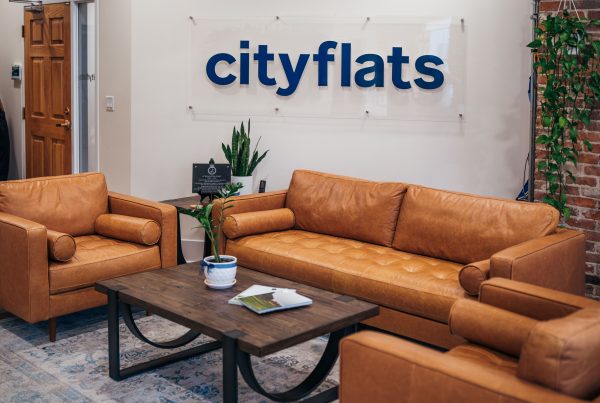The demand for multi-family housing is on the rise, driven by urbanization, population growth, and a shortage of affordable housing in many markets. For developers and investors, this presents a lucrative opportunity, especially when paired with the various incentives available to make apartment building projects more viable and profitable. Here are five key incentives that exist today for building apartment buildings.
- Government Financing Programs
Government-backed financing programs, such as the CMHC’s Apartment Construction Loan Program (ACLP) in Canada, offer low-cost loans to developers. These programs provide:
- Low interest rates loans with up to 20-year fixed terms
- High loan-to-cost ratios (up to 95% or more in some cases).
- Extended amortization periods (up to 50 years).
Such financing solutions reduce borrowing costs, improve cash flow, and make large-scale projects more accessible.
- Tax Benefits
Building apartment buildings often comes with significant tax advantages, including:
- Accelerated depreciation: Developers can recover construction costs faster through tax deductions.
- Tax credits: Municipalities including Kingston are offering tax incentives such as reduced or waived property taxes.
- HST rebates: in the fall of 2023, the Provincial and federal governments removed HST on qualifying new purpose-built rental housing.
These incentives not only reduce upfront costs but also enhance the long-term financial feasibility of apartment projects.
- Grants and Subsidies
Many federal, provincial, and municipal governments offer grants and subsidies to developers to address housing shortages or meet specific social objectives. For example:
- Affordable housing initiatives: Governments often provide direct subsidies to developers who commit to making a portion of their units affordable.
- Sustainability grants: Incentives for green building initiatives, such as energy-efficient designs or renewable energy systems, are increasingly common.
These programs lower development costs and help align projects with broader societal goals.
- Zoning Flexibilities
Cities facing housing crises often provide developers with zoning incentives to encourage multi-family housing construction. These include:
- Housing Accelerator Fund (HAF): The HAF in Ontario offers developers financial incentives to fast-track the construction of new housing projects.
- Fast-tracked approvals: Streamlining the permitting process for developments that align with municipal priorities, such as rental housing or transit-oriented projects.
Such incentives save developers time and money, making apartment projects more attractive.
- Demand-Driven Market Support
While not a formal incentive, the strong demand for rental housing creates natural support for apartment building investments:
- Low vacancy rates: The City of Kingston is facing a critical housing shortage, ensuring a steady stream of tenants.
- Rising rents: With significant population growth, rents have continued to climb.
- Institutional interest: Investors increasingly prefer multi-family developments due to their stable, recession-resilient returns.
Cityflats is primed to respond to these market dynamics with well-designed, strategically located projects that are poised for success.
Conclusion
Building apartment buildings today is not only an opportunity to meet growing housing demand but also a smart financial decision supported by numerous incentives. From government financing and tax benefits to zoning flexibilities and a strong market backdrop, these incentives reduce barriers and enhance profitability for developers and investors alike.





